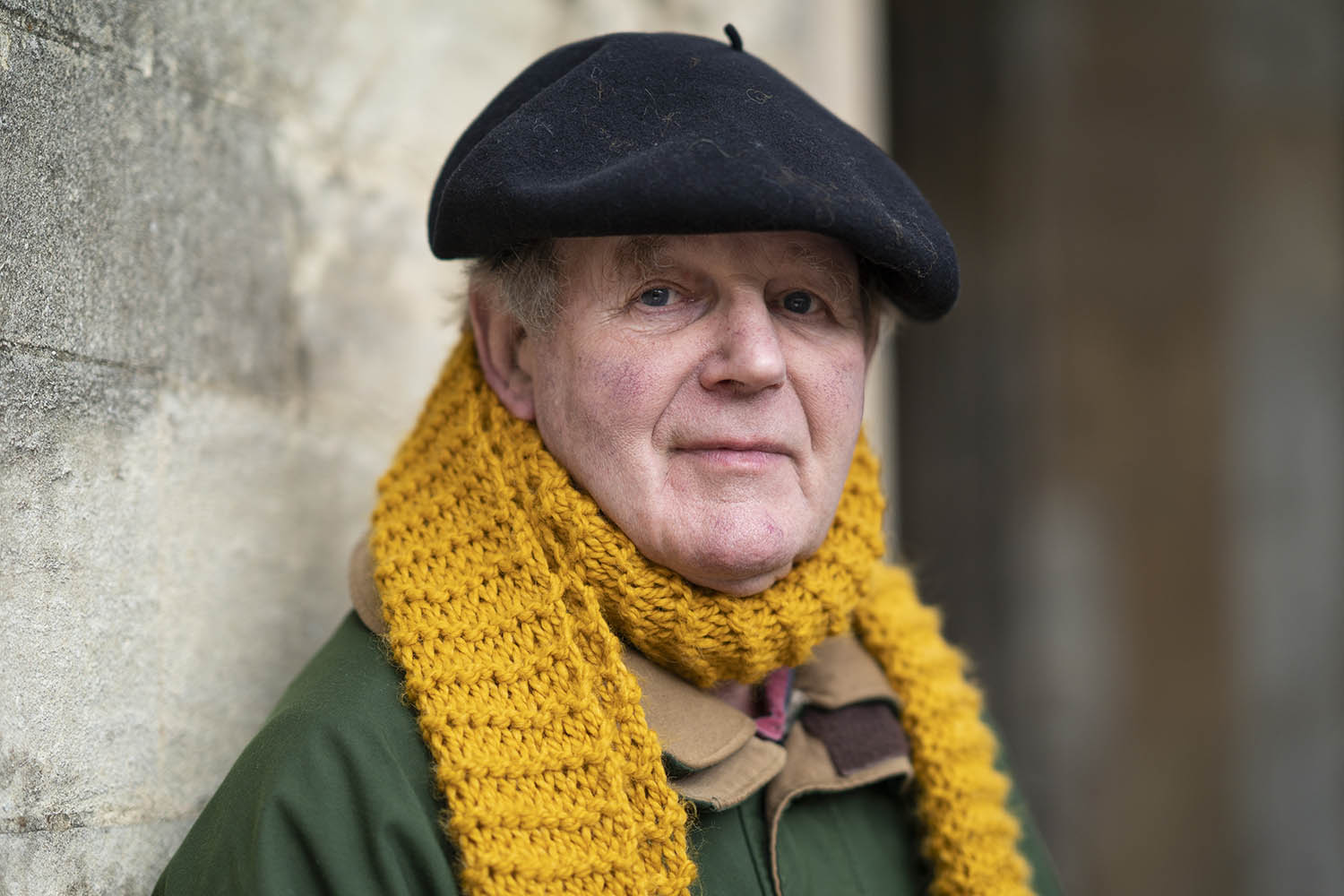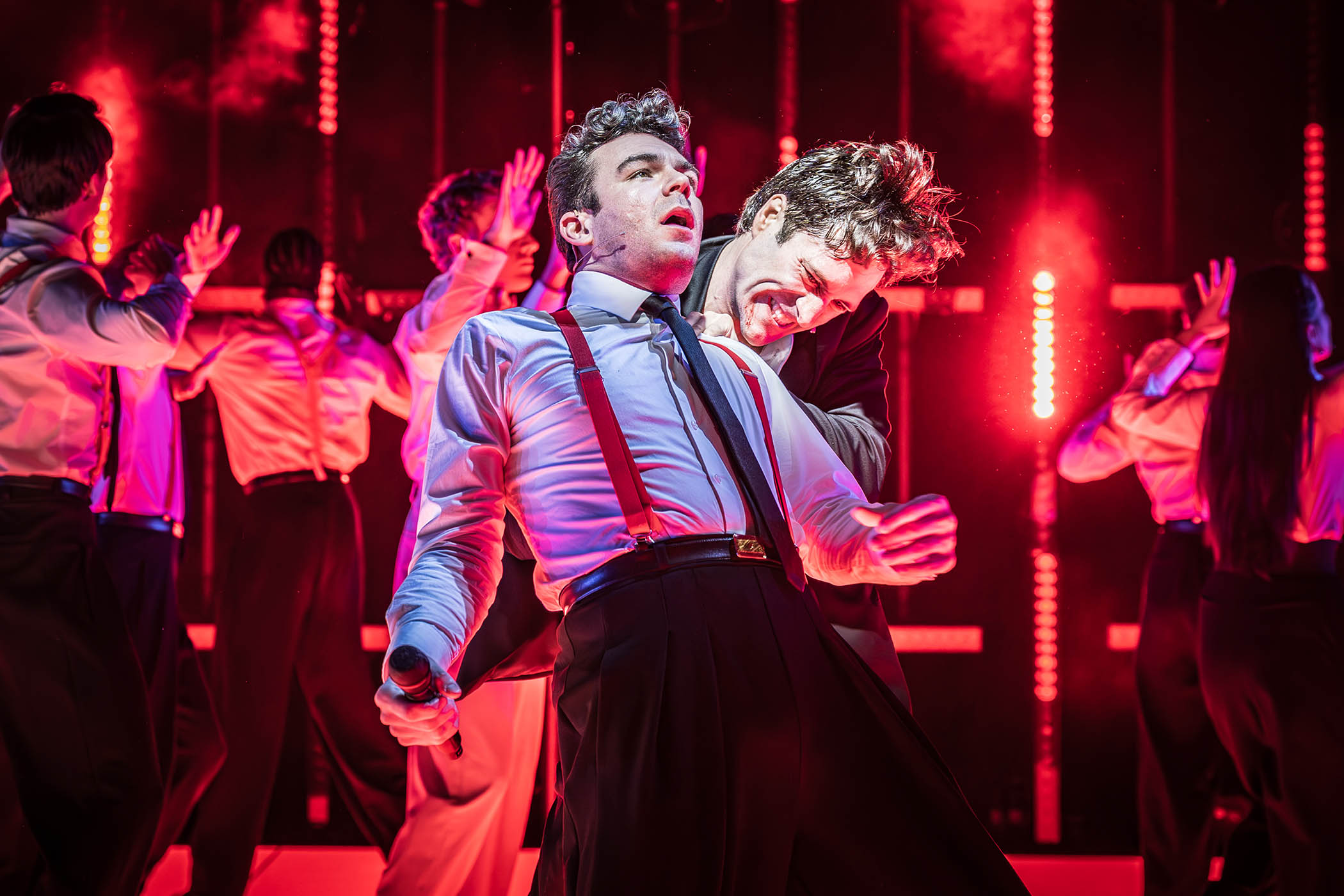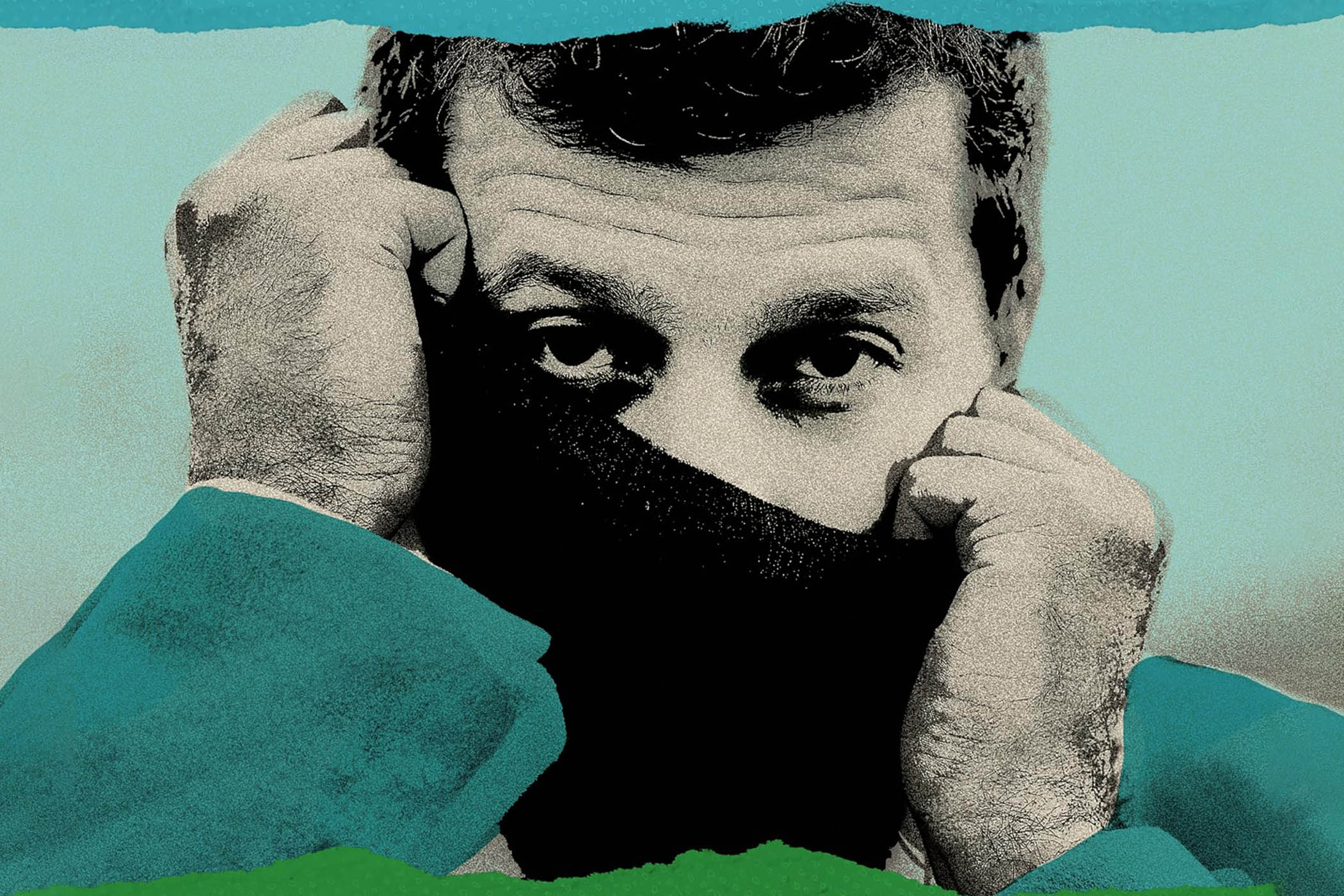Photograph by David Levenson/Getty Images
I wanted to play rugby for England. Then, at 17, I realised I wasn’t the best in my school team, let alone the country. I still daydream about running out at Twickenham and beating the Welsh. That would have been something.
A teacher gave me a book and changed my life. One day he said, “Michael, it’s wonderful you play rugby so well. But I do wish you’d read a bit of poetry.” He handed me a copy of Wordsworth – and I had my first grownup conversation that wasn’t about sports or schoolwork.
When War Horse didn’t win the Whitbread Prize, I was miserable. The awards show was live on Channel 4, so the whole world knew. The next day, the poet Ted Hughes took me for tea. He leaned across the table and said, “Michael, prizes don’t matter. They’re not good for you if you win them and not good for you if you don’t. You wrote a great book. And you’ll write a finer one.” I’ve held on to that ever since.
I don’t read much – that surprises people. You can put children off for life by putting the wrong book in front of them. I was given David Copperfield aged eight and struggled through. I still love stories, I just prefer them told aloud. That’s probably why I write the way I do, as if I’m reading to someone.
People in village pubs are full of wisdom; they will open their hearts and talk to you about the most important things.
I love prawns and always have. If they’re ever on the menu, I order them. Even now, when they give me gout in my right big toe, it’s worth it.
All love is irrational. I’ve been married to Claire for 62 years, and still haven’t got a clue why it works. I’ve had a long time to think about it and no answers have arrived. If love were explainable – could be added up on a piece of paper – we’d all make the right decisions. But love is something different altogether.
Related articles:
I grew up in the shadow of war. Its evidence was everywhere. Food was rationed. Bomb sites were our playgrounds. At school, we were once given an apple each from “the people of Canada.” It wasn’t until the 1960s that people could start imagining the future again.
We patronise children. We think they can’t understand difficult subjects, but they can; they feel very deeply. If you don’t answer their questions honestly, they stop asking. I’ve written about wars and concentration camps. Children must know, but they must also know that people survive and that life can go on. You mustn’t traumatise, but you can’t ignore what’s happening.
Your memory is more valuable than your legs and I’m lucky to still have mine. I am sentimental. I don’t hang on to things, but memories? I hold on to them tightly.
I was in a choir at school. After that, I didn’t sing another note, except in the bath, until my 80s when I finally sang again. I was working with a folk group – making concerts from stories and poems – and they told me to join in, so I did. After all these years, I’m back in the choir. My voice isn’t great any more, but among all of the others, it feels wonderful.
Michael Morpurgo is the President of the Teaching Awards Trust (teachingawardstrust.com)
Newsletters
Choose the newsletters you want to receive
View more
For information about how The Observer protects your data, read our Privacy Policy


